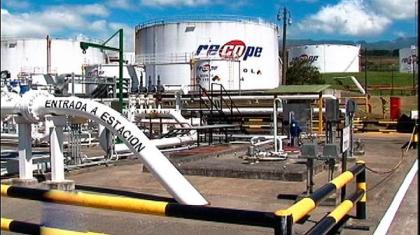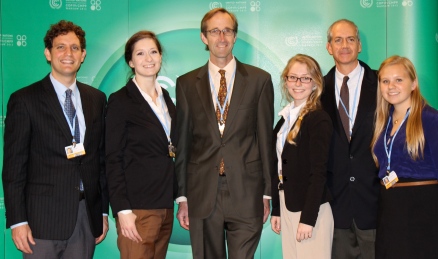By José Alberto Garibaldi, Monica Araya, and Guy Edwards

After the longest session on record, governments at the COP17 in Durban in December 2011 agreed to negotiate by 2015 a climate deal to enter into force in 2020. The Durban Platform for Enhanced Action defied predictions that the meeting in South Africa would lead to a collapse of the UN climate talks. Many parties from Latin America and the Caribbean (LAC) have worked many years to make possible the political compromise achieved in the final hours and included in the Durban Platform. Today, the challenge is to make this platform ambitious enough to avoid dangerous climate change.
In this new CDKN and Energeia Policy Brief we discuss the outcomes of the COP17, the contribution Latin America and the Caribbean made and the implications of the Durban Platform for the region. The Brief finishes by offering a set of recommendations:
1. Latin America and the Caribbean (LAC) countries supporting high ambition at the international climate negotiations need to continue to shape a more ambitious climate narrative by acting together, domestically and internationally, and strengthening existing work with experts on bold action both within and outside the COPs.
2. Informal exchanges inside and outside of the UNFCCC process to jointly define key milestones for the Durban Platform and identify areas of convergence and divergence must take place within LAC countries and with Africa and Asia between now and 2015.
3. Both at home and abroad, the LAC region needs to improve how it communicates its successes on low carbon, climate resilient strategies to keep building confidence and generating a stronger impact at the international climate negotiations.
4. LAC countries need to continue to explore how best to advance national conversations linking climate change issues such as mitigation and resilience plans to national interests and potential losses in food security, infrastructure and trade.
To read the Policy Brief click here.





